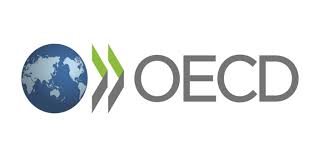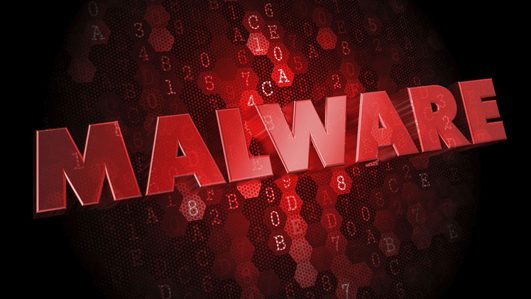More details are still emerging from the recent presentation of Ericsson Mobility Report.
The President/Managing Director, Ericsson Nigeria, Rutger Reman, in an interview during the presentation in Lagos said about 40,000 Base Transceiver Stations (BTS) are required by telecommunications operators in Nigeria, to expand and strengthen the Fourth Generation/Long Term Evolution (4G/LTE) service across the country.
This according to industry experts means that the country is in dire need of investments if the 4G LTE technology will go round in the country.
4G LTE deployed on WiMAX and LTE technology offers faster, more reliable mobile broadband Internet for devices like smartphones, tablets and laptops. The 4G technology is needed to drive the Internet of Things (IoT), Artificial Intelligence, Smart Cities and various smart innovations technology can avail.
Findings by Business Hilights showed that it will take an average of $7.5mn to build a standard BTS capable of driving 4G LTE, meaning that Nigeria will need about $300,000 to flood 4G LTE across the nation for effective coverage of the latest global technology in telecoms.
Reman explained that “If you deploy 4G properly, you have laid foundation for 5G, Nigeria needs real investment in 4G, which will take it into 5G.”
However, the true position in the sector according to industry data is that both Tier I and II operators, which currently offer 4G/LTE services have about 7,500 BTS, a paltry rise from 1,500 BTS.
According to the President of Association of Telecoms Companies of Nigeria (ATCON), Olusola Teniola, investments in BTS may continue to be delayed considering the inclusion of IT equipments in the list of 41 items barred from the forex easy window of the Central bank of Nigeria (CBN).
Continuing, he said the ready meaning of the situation include fewer 4G/LTE BTS which translates to poor service delivery and limited areas of coverage.
He said even though between October and November, last year, Tier I operators including MTN, Globacom, and Etisalat launched their respective 4G/LTE services in some areas, especially in Lagos, Abuja and Port Harcourt followed by the embattled Etisalat who joined recently in Rivers State, as far as investment in the segment remains poor, service delivery will continue to be impacted.









